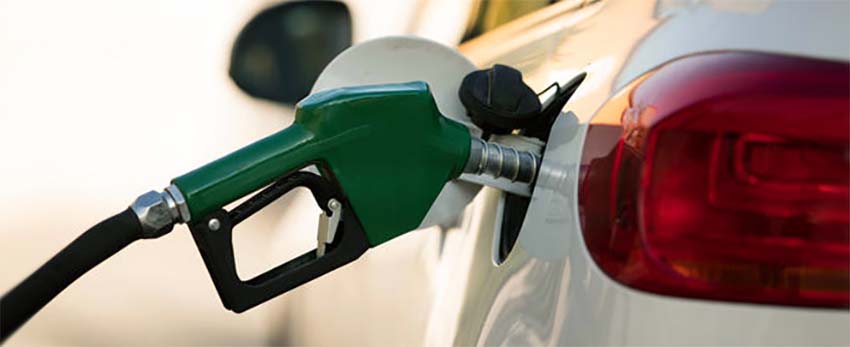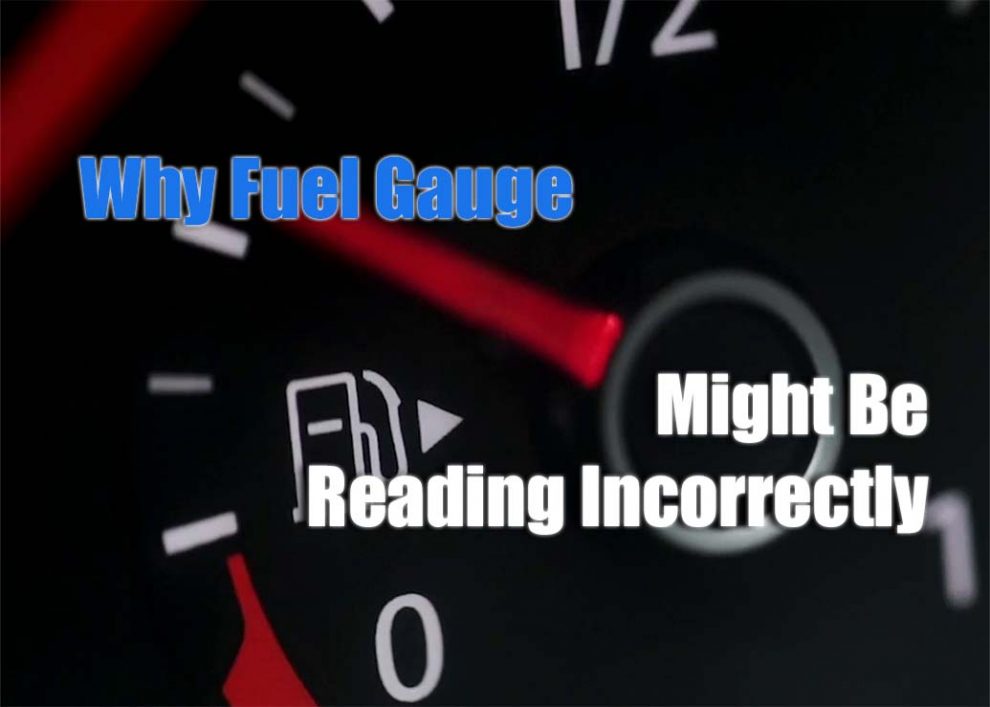In every motor vehicle, the fuel gauge serves as an integral dashboard indicator. Its primary function is to relay information to the driver about the quantity of fuel remaining in the tank. This seemingly simple piece of information is, in fact, crucial for planning journeys, managing fuel efficiency, and most importantly, avoiding unfortunate situations where the vehicle might abruptly run out of fuel. The fuel gauge operates on a straightforward mechanism – a float within the fuel tank rises and falls in conjunction with the fuel level. This movement then sends a signal to the gauge, which displays the corresponding fuel quantity. Understanding how this component works can help you troubleshoot when things don’t seem right.
Why Is Your Fuel Gauge Reading Incorrectly?
On occasion, you might notice anomalies in your fuel gauge – it’s stuck on full, it’s displaying an empty tank when you’re sure you filled it up recently, or it fluctuates wildly. An inaccurate fuel gauge reading can be more than just a minor inconvenience. It can lead to unexpected and potentially dangerous situations, like running out of fuel in the middle of a busy highway or a desolate area. Understanding why this happens, the potential problems it can signal, and knowing how to rectify it are essential steps in ensuring your vehicle’s performance remains optimal and your journeys remain safe.
Common Symptoms of a Faulty Fuel Gauge
Recognizing a faulty fuel gauge can sometimes be a complex task as the symptoms might be subtle. However, there are several signs that you can keep an eye out for. These include the fuel gauge needle being perpetually stuck on full or empty, erratic or jerky movement of the gauge needle, sudden changes in fuel level readings that don’t correspond with fuel usage, or inconsistent readings despite fuel addition or consumption. If you start noticing one or more of these symptoms, it’s highly recommended to investigate further. It’s always better to be safe than sorry, as these signs can signal an issue with the fuel gauge or related components.
Potential Causes of Inaccurate Fuel Gauge Readings
A multitude of issues can lead to inaccurate fuel gauge readings. It could be due to a problem with the fuel gauge itself—perhaps it’s broken or malfunctioning. In other instances, the issue could lie with the fuel level sensor inside the tank that may be failing or has become faulty over time. Electrical issues, such as faulty wiring or bad connectors between the sensor and the gauge, can also be culprits. Even the float connected to the sensor could be damaged or have fuel inside it, causing it to sink and give incorrect readings. Understanding these potential causes can help in diagnosing the problem and figuring out the appropriate solution.

How to Fix an Incorrect Fuel Gauge Reading
Fixing an incorrect fuel gauge reading can vary in complexity depending on the root cause of the problem. In some cases, it could be as simple as replacing a blown fuse. In others, it may require replacing the entire fuel level sensor or repairing the wiring. If the issue lies with the gauge itself, you may need to replace the instrument cluster. Given the technical nature of these fixes, it’s usually best to have a professional mechanic handle them. However, if you’re comfortable with vehicle maintenance, some of these tasks can be done at home with the right tools and knowledge.
Role of Regular Maintenance and Quality Parts
Regular maintenance plays a key role in preventing and addressing fuel gauge issues. By regularly inspecting your vehicle’s electrical system, keeping an eye on your fuel gauge for erratic behavior, and addressing small issues before they become big problems, you can keep your vehicle running smoothly. Additionally, using quality parts in your vehicle cannot be overstated. For instance, using the best cold air intake for Nissan Altima can significantly enhance your vehicle’s performance and fuel efficiency, additionally, it can also influence the accuracy of the fuel gauge. High-quality parts ensure your vehicle’s systems work in harmony, providing accurate readings and optimal performance. Therefore, investing in quality components, regular check-ups, and timely repairs can contribute to the longevity and reliability of your vehicle.
Conclusion
In conclusion, the fuel gauge is a critical component in your vehicle, providing essential information about your fuel levels and directly impacting your driving experience. Recognizing the symptoms of an incorrect fuel gauge reading, understanding the potential causes, and knowing how to fix these issues is paramount for every vehicle owner. Regular vehicle maintenance and the use of quality parts, can significantly improve the overall performance and reliability of your vehicle. Remember, a well-maintained vehicle is not just about smooth rides; it’s also about safety and efficiency.


Add Comment